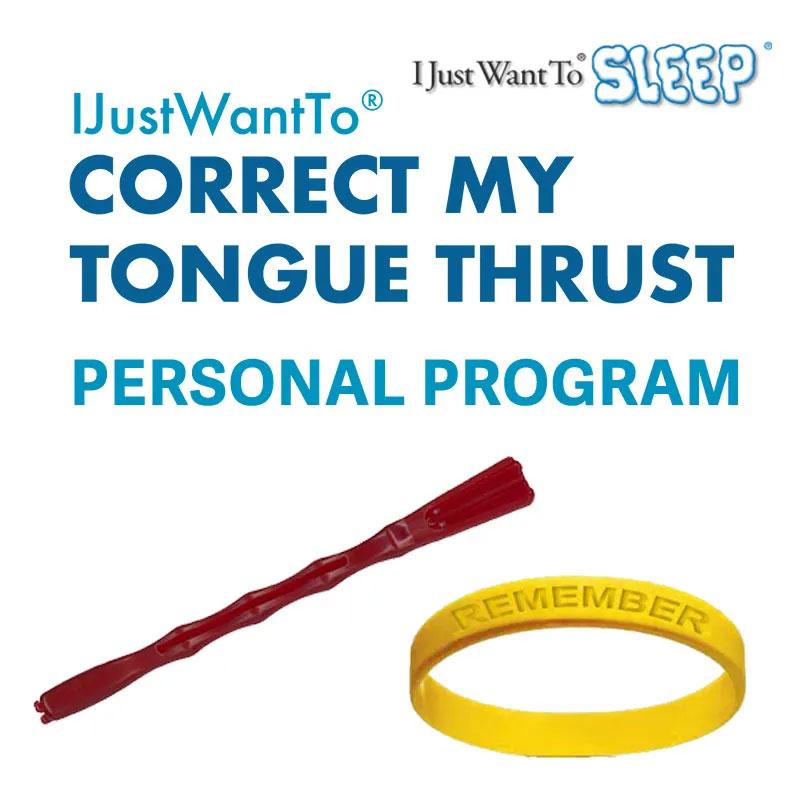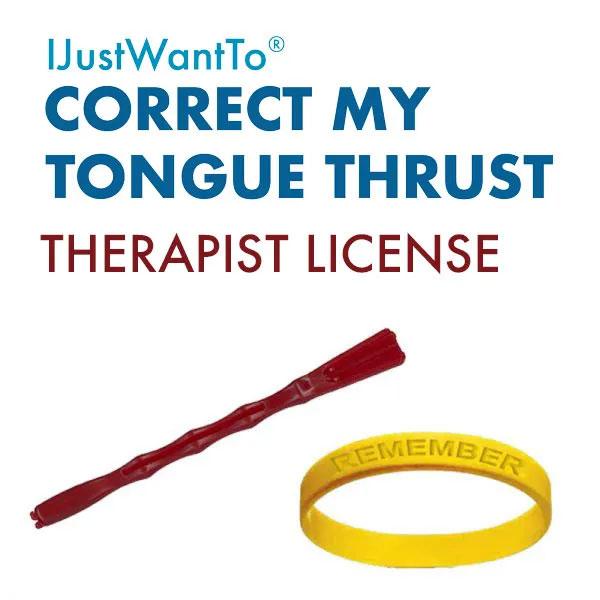Your Bad Breath Might Be Caused by Mouth-Breathing
Your saliva performs the critical task of moistening food for easier digestion and keeping your teeth and gums healthy by neutralizing plaque and acids produced by food. It contains the enzyme amylase and phosphorus fluoride that strengthens tooth enamel, protecting it from tooth decay. In a sense, saliva performs some self-cleaning functions within your mouth.
When you breathe through your mouth, it dries out membranes and saliva, preventing it from performing that cleaning function. The more you breathe through your mouth, the drier it becomes over time.
As it dries out, bacteria build up in the mouth and begins to decay, causing unpleasant tastes and foul odors. Mouth breathing can lead to chronic halitosis and other health conditions if not addressed.
How to Tell You Are Breathing Through Your Mouth
The most common time people breathe through their mouth is when they are sleeping, so it can be a little challenging to tell if that is the source of your bad breath. If you don’t have a partner who can watch out for nighttime mouth breathing, in addition to bad breath and a dry mouth, look for these additional symptoms:
- Snoring during the night
- Hoarseness when speaking
- Waking up tired, with chronic fatigue, and brain fog
- Dark circles under the eyes
- Increased allergy symptoms
It may not seem like these symptoms are too severe, but if left untreated for too long, especially in developing children, mouth breathing can put additional strain and pressure on the jaw. Children are more at risk of undeveloped facial structures, narrow jaws, and small dental arches.
What Causes Breathing Through the Mouth?
Breathing through our mouths is an automatic response by our body when some obstruction partially or fully blocks our nasal airway.
The underlying causes of mouth-breathing all center around this difficulty. Nasal congestion is the most common condition that triggers the response to breathing through the mouth that people experience at some point in their life, either from allergies, a cold, or a sinus infection. But other causes of a blocked nose are:
- Stress or anxiety
- Enlarged adenoids, turbinates, or tonsils
- Deviated septum
- Nasal polyps
- Sleep apnea
- Deformities of the nose or jaw
- Tongue Thrust
While allergies and infections are easy to manage and clear up with medications, other causes of mouth breathing are more challenging to address.
How to Prevent or Fix Breathing Issues
If you suspect you are not regularly breathing through your nose at night or during the day, you need to bring it up with a healthcare professional. For issues caused by physical obstructions within airways such as a deviated septum or enlarged adenoids, turbinates, or tonsils, your primary course of action to prevent mouth breathing may be surgical.
However, if you breathe through the mouth more out of habit, stress, or tongue thrust, you have other preventative measures open to you.
Breaking a Habit with Nasal Training
Children are the most likely to develop a habit of breathing through their mouths. An estimated 50-60% of kids develop the habit at some point in childhood.
This is especially problematic given the developmental conditions that might arise if it is left untreated and is a habit that may follow into adulthood. Breaking bad habits can be a lot of work, but it is doable by sticking to a training routine.
Daytime training can be challenging whether you are an adult or a kid. Leave sticky note reminders where you will look regularly. They remind you to breathe through the nose. The goal is that you will need reminders less and less over time.
Nasal training for those who only breathe through their mouth at night can be both easier and more challenging. You won’t be devoting conscious effort to the training, except for remembering to prepare for sleep. Here are a few things that may help alleviate nighttime mouth breathing:
- Wear a nasal strip. These OTC solutions can clear nasal passages making breathing easier.
- Use micropore tape, also known as surgical tape, to seal your lips.
- Sleep on your side instead of your back.
- If you must sleep on your back, have a pillow that tilts your head and upper back between 30-60 degrees.
Correcting a Tongue Thrust
If mouth breathing is accompanied by habitually resting the tongue against or between teeth, thumb-sucking or nail-biting, a lisp, or dental misalignment, it may be caused by tongue thrust. Tongue thrust is the pushing of the tongue against the teeth while swallowing or at rest.
Most people who have a tongue thrust also breathe through their mouth while sleeping, if not also while awake. It can be caused by various factors, both hereditary and habitual, but can be corrected without the need for surgery. Just like general nasal training, correcting a tongue thrust is done over time by correcting bad habits and strengthening your tongue muscles.
IJustWantTo® Correct My Tongue Thrust is a simple seven-week program created to help you retrain your tongue to rest correctly in your mouth with a few simple exercises. It’s developed to accommodate ages eight and over by Janet Bennett, M.Ed., CCC-SLP, a speech pathologist with over 35 years of experience.
Our program will help:
- Train the muscles necessary for a good swallow and correct resting posture
- Teach the correct swallow
- Make the correct swallow a habit
- Eliminate undesirable oral behaviors
For more information on how our program of easy-to-follow exercises might help you or a loved one, check out our FAQ, or visit our store to get started today.



